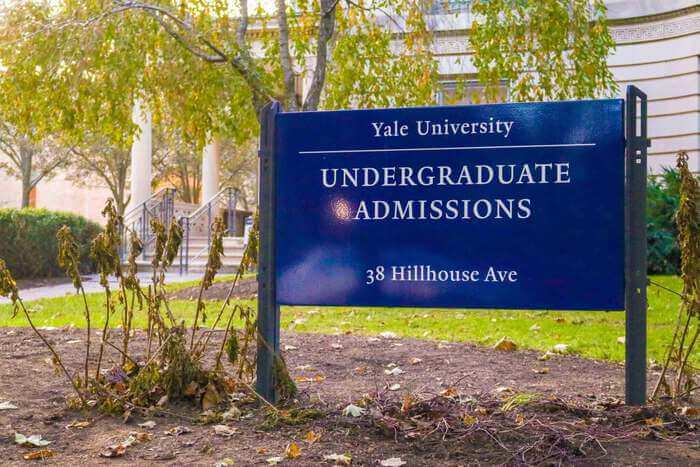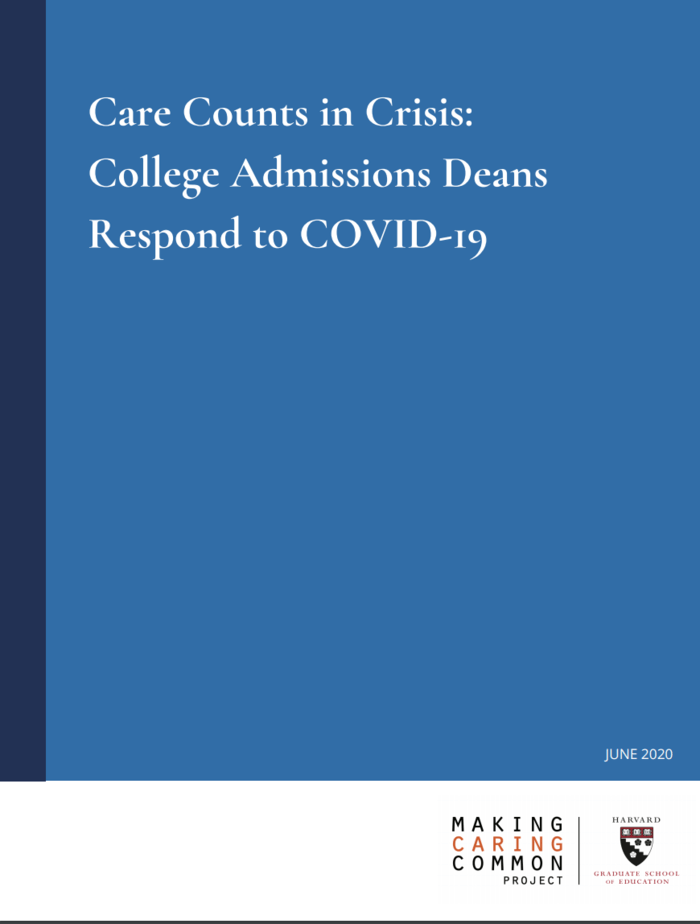
Yale’s Admissions Office did an eye-opening series of podcasts last month on what really goes on in the admissions committee when acceptance/rejection decisions are being made.
The most frequently covered topic in this series?
Essays, with half of all episodes dedicated to them.
Let’s analyze why that is the case, and what makes essays such a critical (and often misused) component of the application.
1. What makes essays so important?
Here’s an excerpt from the Yale Admissions Office’s 6/11/20 podcast:
"Essays are one of the first things that we see in the application. It's not the first piece, we are going to get some information on where you go to school, we'll probably see what your courses look like. We will see what activities you're involved in. And then we go straight to the essay.
We love essays because [they] introduce[] us to those folks... So, by all means, the essays as you say are the first impressions ...
It's like the opening scenes of a movie or the first page in a book, it sets the table not only for the rest of the movie, or the book, but in the case of these essays, it often sets the table for the person we meet.”
2. What makes for a great essay?
In that same podcast episode, the Yale Admissions Officers explain what the best essays all have in common across the 1,000’s of essays they’ve read:
“For most students, the greatest sort of effect that [the essay] can have is in tying the pieces together, drawing together the other parts of the application where we feel like you know what, I'm meeting the same person consistently throughout here.
So think of it as a kind of piece of glue that's going to bind together the other parts of the application.”
Being able to tell this story and capture the uniqueness of your candidacy is incredibly important for the overall strength of your application — it’s the "glue" that holds together your case for admission.
But yes, this can be a difficult task for high school students who have never had to write this sort of essay before, which is why it’s one of the key things that we have our mentors prioritize when advising students.
3. Why are essays the best place to “make or break” your application?
The essays collectively comprise the part of your application that you have the most control over as a senior in high school. As the podcast continues to explain:
“Honestly, when you get to fall of your senior year of high school, and you're starting to put together your college applications, most of the work is done.
You've got three years of high school grades behind you, you've put in hours to your extracurricular pursuits, you've made positive relationships with teachers...
The essays are your big task right now when it comes to actually putting together that college application. So appreciate the fact that this is something that's in your control.”
If you want Ivy League students who've successfully gone through this daunting process themselves to help you strengthen your own essays, click here to see some of the services that we offer for 1-on-1 mentorship.


